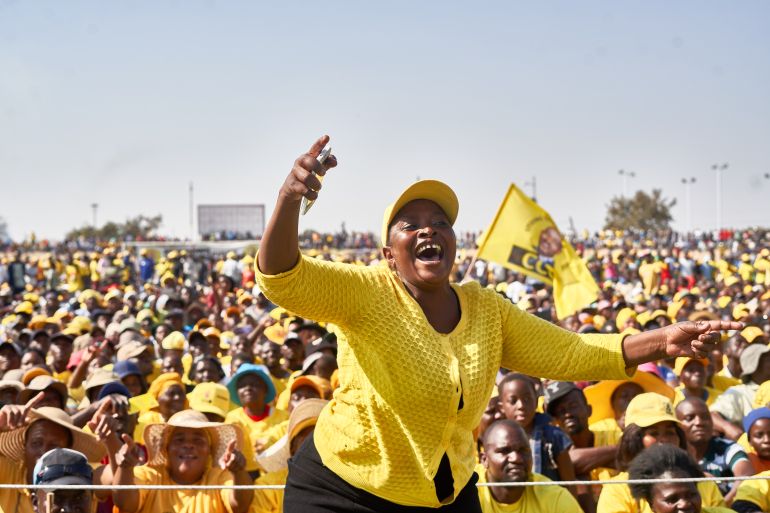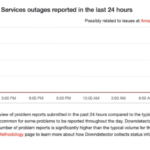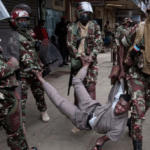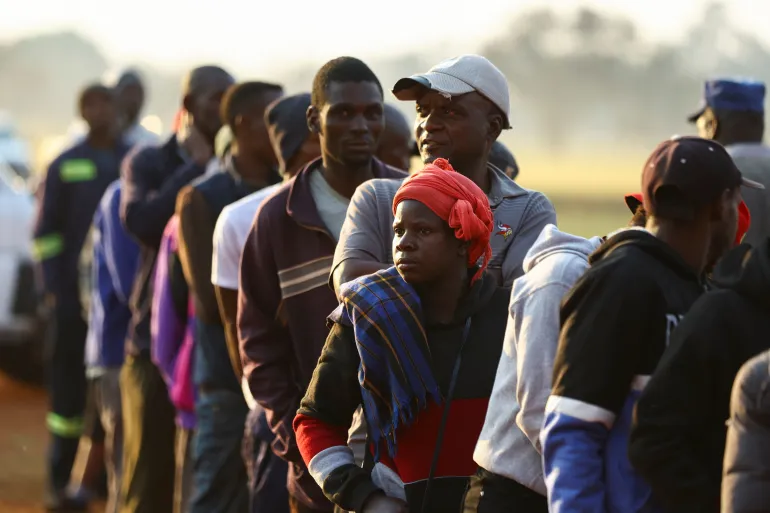In Zimbabwe political arena, women make up a large of the voting population, they tend to play more of a supportive role rather than taking a prominent positions.
Despite dominating the voter population, women have been reduce to mostly cheerleaders in Zimbabwe’s political landscape
In Mutare, Zimbabwe, Over half of the 6.5 million registered voters who will participate in the fiercely contested presidential, local municipality, and parliamentary elections on Wednesday are women.
In Mutare Zimbabwe Electoral Commission (ZEC) unveiled a list of 11 presidential candidates, none of them were women. In 2018, there were a total of 4 female candidates.

The ZEC excluded 2 Female presidential candidates, Elizabeth Valerio of United Zimbabwe Alliance (UZA) and Linda Masarira of the Labour, Economists and African Democrats (LEAD). This happened because Elizabeth submitted her nomination papers late, while Linda paid her nomination fees after the deadline.
Both of the female presidential candidates decide to address the issue in court but Elizabeth succeeded in her case. Leading the ZEC to accept her nomination papers. However, Linda did not experience the same outcome of the success.
In the National Assembly, there are 70 female candidates and 637 male candidates competing across the 210 constituencies. This makes up 11% of the total candidates, which decrease from 14% seen in 2018.
Experts have noted that decrease in the count of female candidates reflects the persistent patriachal nature of political power structures.
“it is quite disappointing that women failed to make it to the ballot after all the work and investment they had made to get into leadership over the past five years,” said Sitabile Dewa, an executive director and founder of the Women’s Academy For Leadership and Political Excellence (WALPE). ” it is sad that only one woman presidential candidate made it after the intervention of the courts.”
She explained to Al Jazeera that the constitution explicitly mandates gender balance, yet political parties are not adhering to this requirement.
READ ALSO:
- Witness retracts ‘prior false testimony’ in Trump documents case
- 16-Year old Boy Accidentally Shot Himself Inside Car
- Questions CS Ababu Will Be Responding To While Apprearing Before Parliament
The 2013 Constitution reserves 60 out of the total 270 parliamentary seats for women, utilizing a proportional representation system. These seats are allocated to political parties according to the number of the seats they secure in each province.
In addition, the constitutional obligation was originally due to conclude this year, but President Emmerson Mnangangwa reinstated it through a constitutional amendment. Moreover, additional segment of the constitution compel political parties to establish mechanism enabling women to contest constituency base seat.
However, analyst have pointed out that there appears to be a deficiency of political determination to increase the representation of the women in governance.
“The primary responsibility to promote gender equality lies with political parties. Lack of political will and sincerity to promote equality on the part of political parties is the main reason why the country has failed on the gender equality mark,” Dewa said
Glanis Changachirere, a leader at the Institute for Young Women Development (IYWD), emphasized the necessity for dedicated efforts to promote women’s right, coming not only from independent commissions like the ZEC but from all sectors.
“How Elizabeth Valeria landed on the ballot paper testifies how women’s political participation and representation is itself a struggle within the struggle for democracy,” she said. ” The courts should be last resort and not the starting place for women to seek the recognition of their rights.”
Changachirere expressed concern that the scarcity of women on the ballot could potentially undermine the progress achieved over time in terms of gender equality. She was keenly observing the election results to gauge the number of female candidates who would be successful in their bids.
” The 11 % number of women who made it will further decrease after voting as some of the aspiring women leader are contesting in constituencies . their parties rarely win,” Dewa said.








